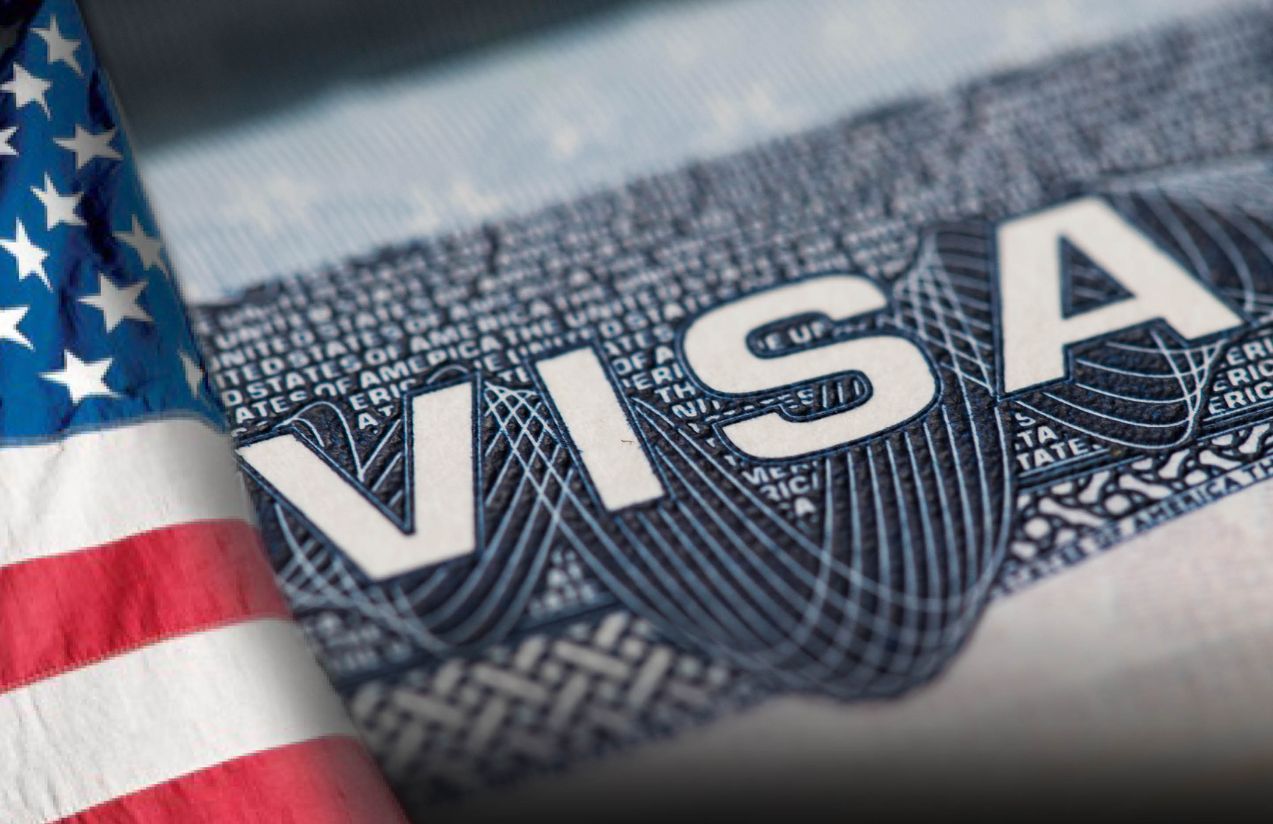The United States government has suddenly announced an increase in immigration fees for the year 2026, affecting a wide range of services such as citizenship applications, residency cards, and work permits. According to several reports, the changes represent a significant rise in the fees that many aspiring legal residents will have to pay.
For example, the citizenship application will see a notable increase, as will the renewal of green cards and certain immigration forms that had remained stable until now. These adjustments aim to fund the government’s immigration services and cover their operational costs, according to immigration authorities.
This change is generating concern among immigrants and immigration lawyers, who warn that these increases may become a financial barrier for people with limited resources who depend on essential procedures to regularize their status.
Why did the United States decide to raise these immigration fees?
Because the administration claims that current fees do not fully cover the operational and personnel costs of immigration services, so the increase is intended to ensure proper funding to process applications efficiently.

